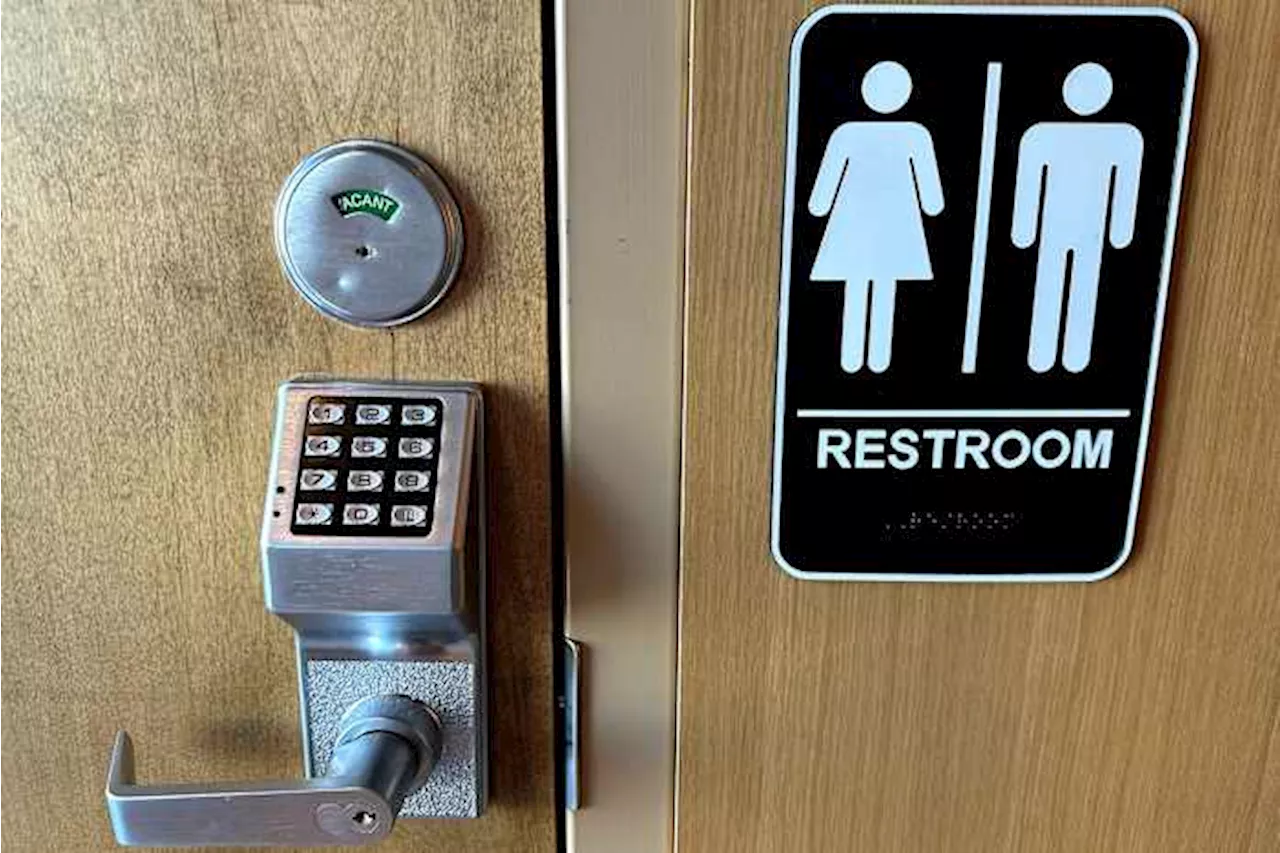Starbucks faces backlash over new policy restricting restroom use to paying customers, raising concerns about inclusivity and legal implications.
Starbucks has implemented a new code of conduct in its North American stores that limits restroom access to paying customers. This policy change has sparked debate and criticism, with some customers supporting the move to prioritize paying patrons while others argue it excludes vulnerable individuals and contradicts Starbucks ' image as a welcoming community space.
The new code of conduct, which will be posted in all company-owned stores, also bans discrimination or harassment, consumption of outside alcohol, smoking, and vaping. Starbucks maintains that the policy aligns with those of other major retailers and aims to create a more comfortable and safe environment for paying customers. However, critics point out the potential negative impact on homeless individuals and others who may rely on public restrooms. The policy has also raised questions about the legal landscape surrounding public restroom access. While most states and the District of Columbia follow the International Plumbing Code, which generally mandates restroom access for customers, visitors, and patrons, some states have more specific regulations. Starbucks states it will comply with any local laws requiring bathroom access for non-customers. Nevertheless, the company's stance highlights the ongoing debate about balancing the rights of private businesses to set their own rules with the needs of vulnerable populations and the broader public good.
STARBUCKS Restroom Access Customers Policy Controversy Inclusivity
United States Latest News, United States Headlines
Similar News:You can also read news stories similar to this one that we have collected from other news sources.
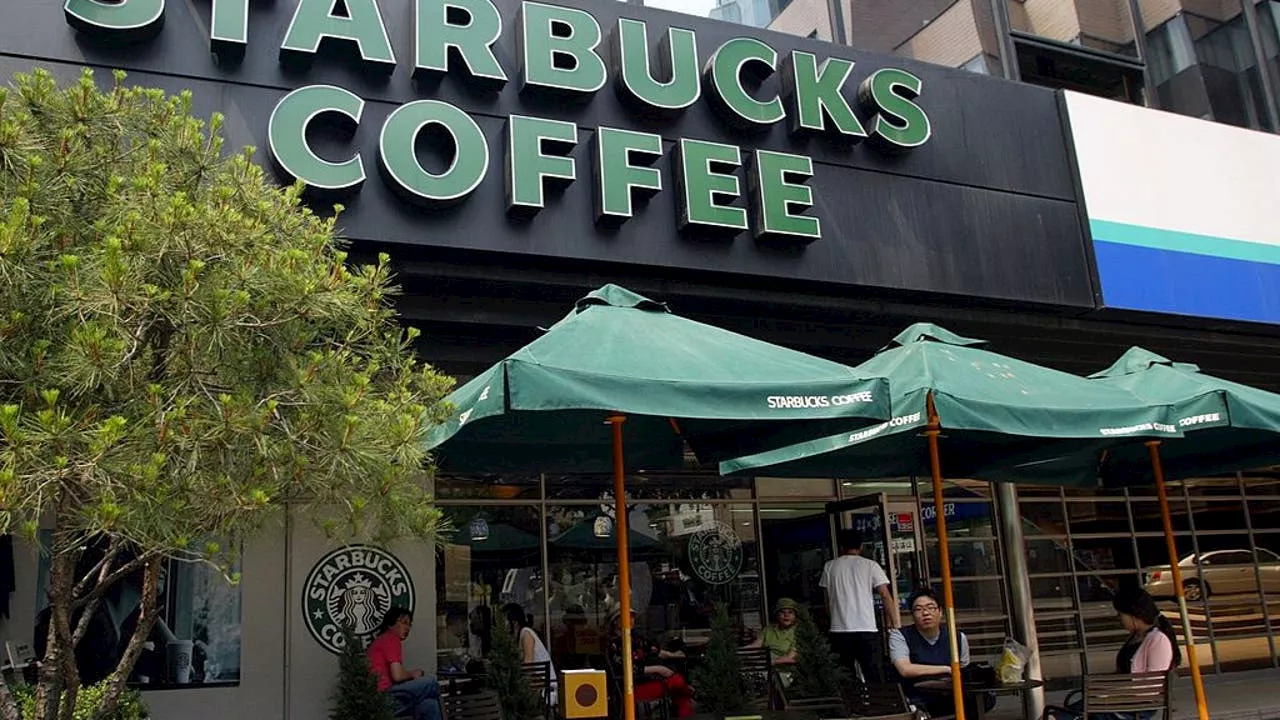 Starbucks Ends Open Door Policy, Requires Purchases for Restroom and Store AccessStarbucks has reversed its 2018 open-door policy, requiring customers to make a purchase in order to remain in its stores or use restrooms. The new policy aims to address safety concerns and disruptive behavior.
Starbucks Ends Open Door Policy, Requires Purchases for Restroom and Store AccessStarbucks has reversed its 2018 open-door policy, requiring customers to make a purchase in order to remain in its stores or use restrooms. The new policy aims to address safety concerns and disruptive behavior.
Read more »
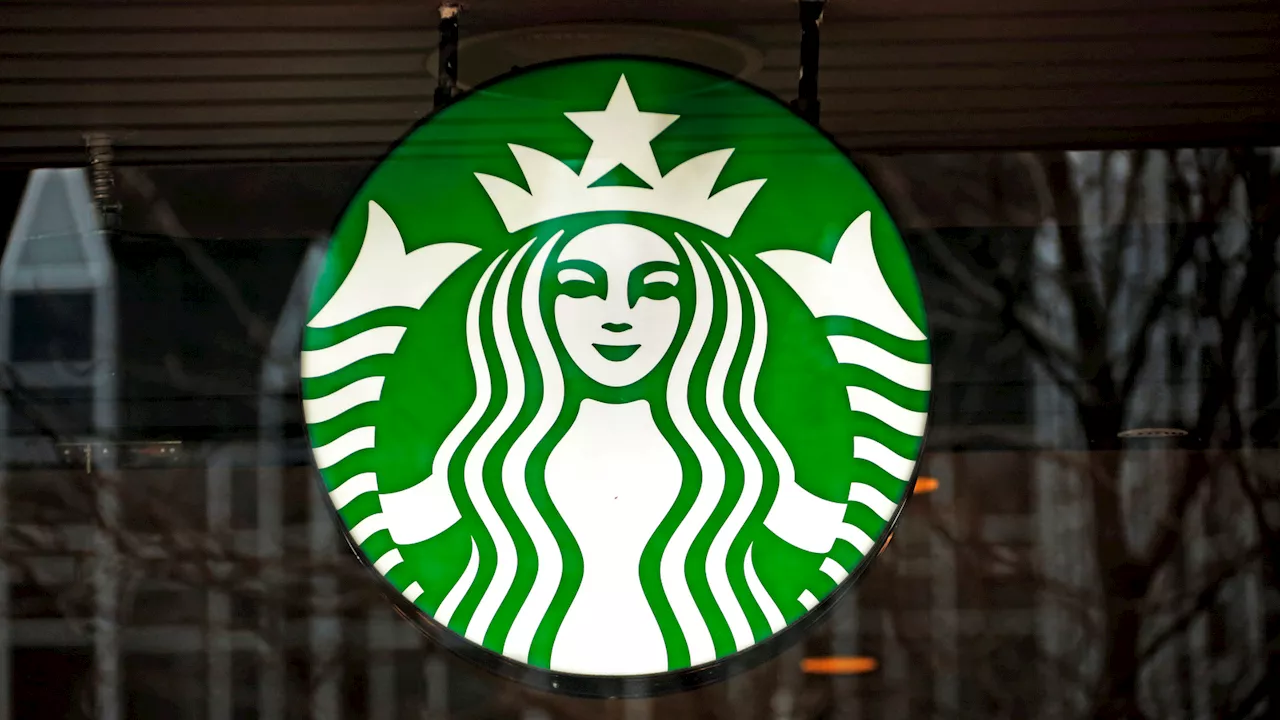 Starbucks Ends its Open-Door Policy, Requires Purchase for Restroom UseStarbucks is implementing a new code of conduct requiring customers to make a purchase to use the restroom and remain in its stores. This policy change aims to address safety and comfort concerns for paying customers.
Starbucks Ends its Open-Door Policy, Requires Purchase for Restroom UseStarbucks is implementing a new code of conduct requiring customers to make a purchase to use the restroom and remain in its stores. This policy change aims to address safety and comfort concerns for paying customers.
Read more »
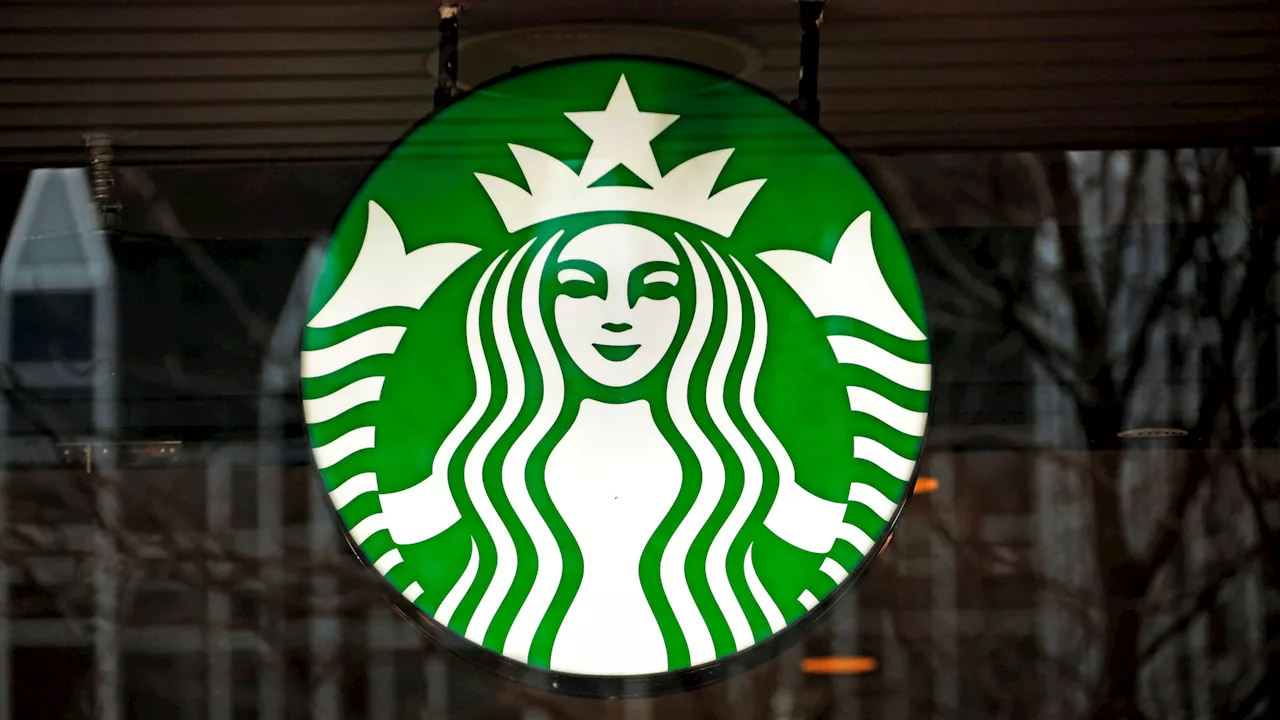 Starbucks Reverses Open-Door Policy, Requires Purchases for Restroom UseStarbucks is implementing a new code of conduct in its North American stores that requires customers to make a purchase in order to use restrooms and hang out. The policy, aimed at prioritizing paying customers, also bans discrimination, harassment, outside alcohol consumption, smoking, vaping, drug use, and panhandling. Violators may be asked to leave and law enforcement may be called if necessary.
Starbucks Reverses Open-Door Policy, Requires Purchases for Restroom UseStarbucks is implementing a new code of conduct in its North American stores that requires customers to make a purchase in order to use restrooms and hang out. The policy, aimed at prioritizing paying customers, also bans discrimination, harassment, outside alcohol consumption, smoking, vaping, drug use, and panhandling. Violators may be asked to leave and law enforcement may be called if necessary.
Read more »
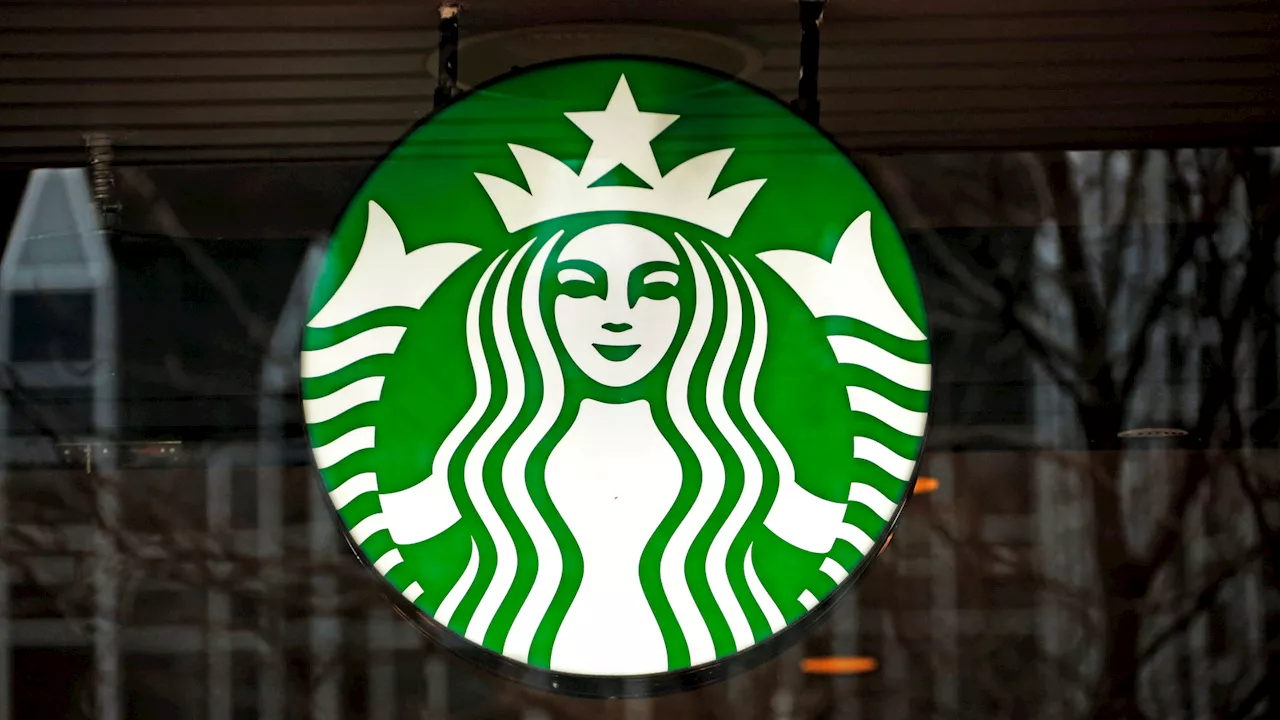 Starbucks Reverses Open-Door Policy, Requires Purchases for Restroom and Cafe UseStarbucks is changing its policy, requiring customers to make a purchase before using restrooms or sitting in cafes. The new code of conduct aims to create a better environment for paying customers and addresses concerns about disruptive behavior.
Starbucks Reverses Open-Door Policy, Requires Purchases for Restroom and Cafe UseStarbucks is changing its policy, requiring customers to make a purchase before using restrooms or sitting in cafes. The new code of conduct aims to create a better environment for paying customers and addresses concerns about disruptive behavior.
Read more »
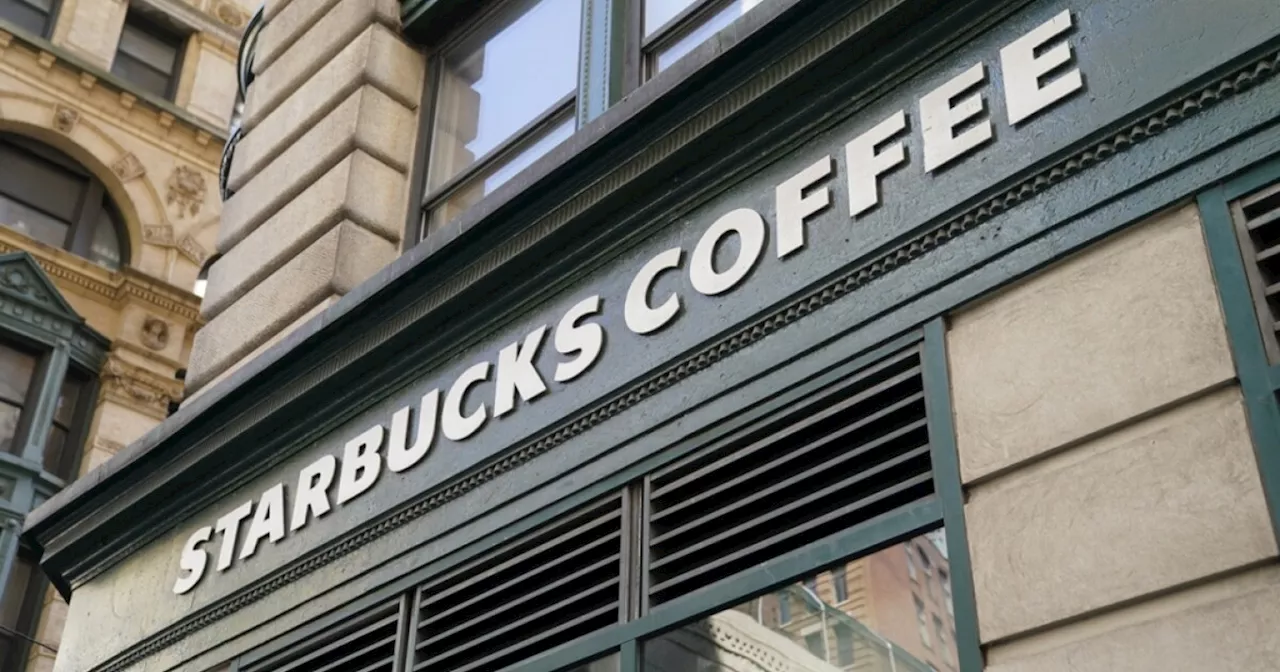 Starbucks Reverses Open Door Policy, Requires Purchases for Restroom UseStarbucks is ending its policy of welcoming everyone into its stores, requiring customers to make a purchase for access to restrooms and seating areas. The move comes with a new code of conduct that bans discrimination, harassment, outside alcohol, smoking, vaping, drug use and panhandling. Starbucks says the changes aim to create a better environment for paying customers.
Starbucks Reverses Open Door Policy, Requires Purchases for Restroom UseStarbucks is ending its policy of welcoming everyone into its stores, requiring customers to make a purchase for access to restrooms and seating areas. The move comes with a new code of conduct that bans discrimination, harassment, outside alcohol, smoking, vaping, drug use and panhandling. Starbucks says the changes aim to create a better environment for paying customers.
Read more »
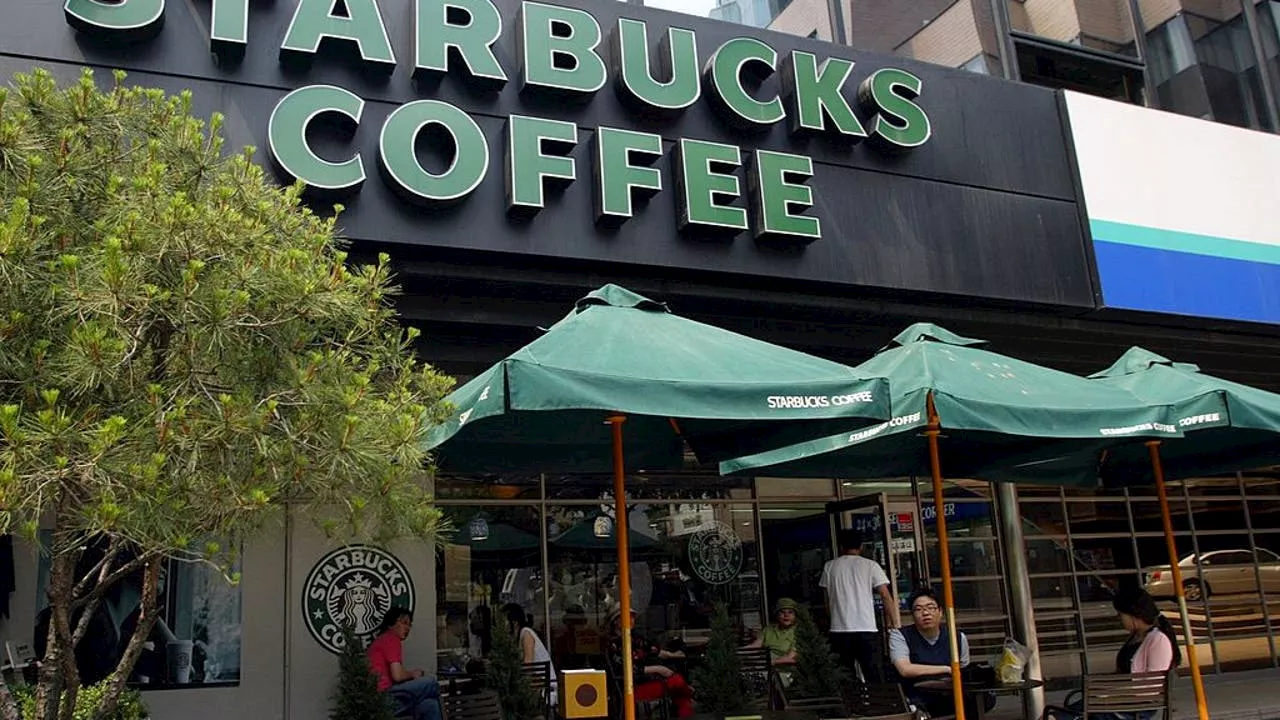 Starbucks Reverses Open-Door Policy, Requires Purchases for Restroom UseStarbucks is implementing a new policy requiring customers to make a purchase to stay in its stores or use restrooms. The policy, aimed at enhancing safety and preventing disruptive behavior, reverses the company's 2018 open-door policy. Violators may be asked to leave, and law enforcement may be called if necessary. Starbucks employees will receive training on the new policy.
Starbucks Reverses Open-Door Policy, Requires Purchases for Restroom UseStarbucks is implementing a new policy requiring customers to make a purchase to stay in its stores or use restrooms. The policy, aimed at enhancing safety and preventing disruptive behavior, reverses the company's 2018 open-door policy. Violators may be asked to leave, and law enforcement may be called if necessary. Starbucks employees will receive training on the new policy.
Read more »
